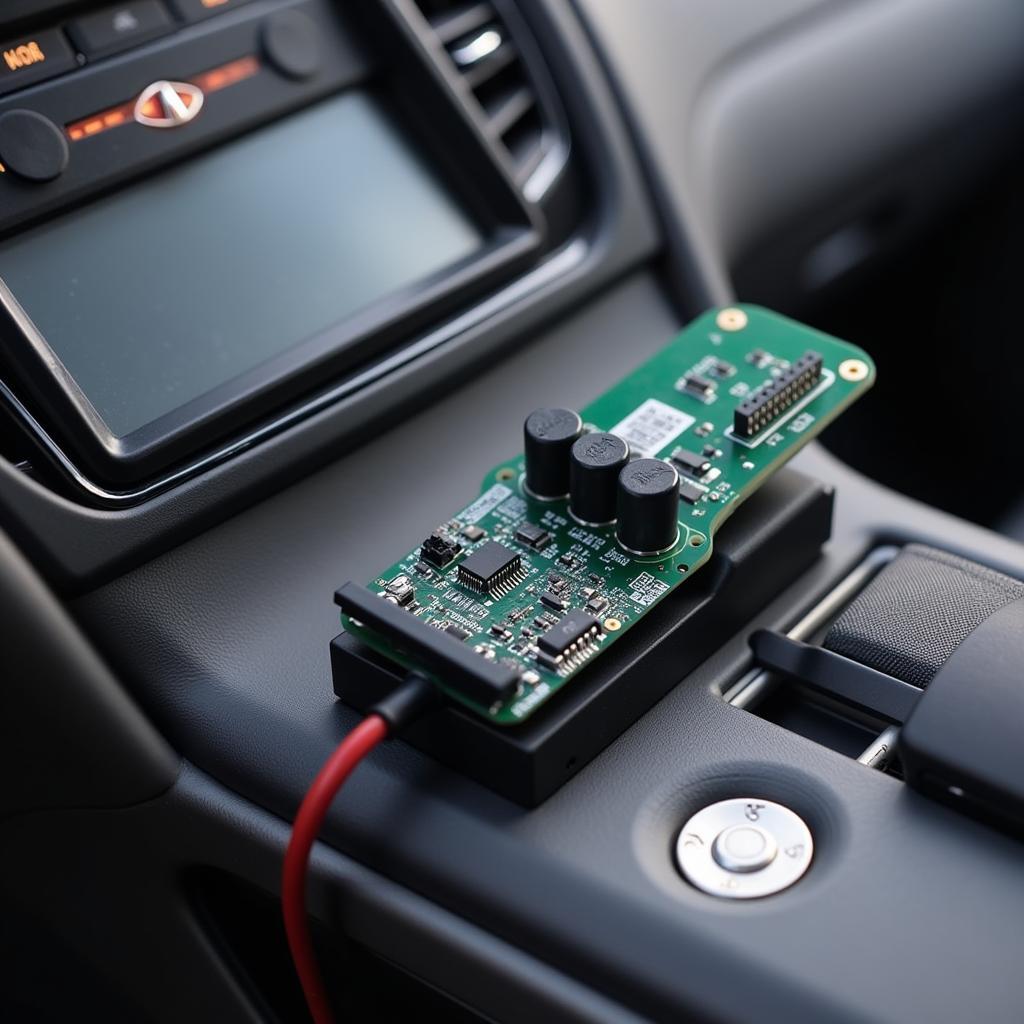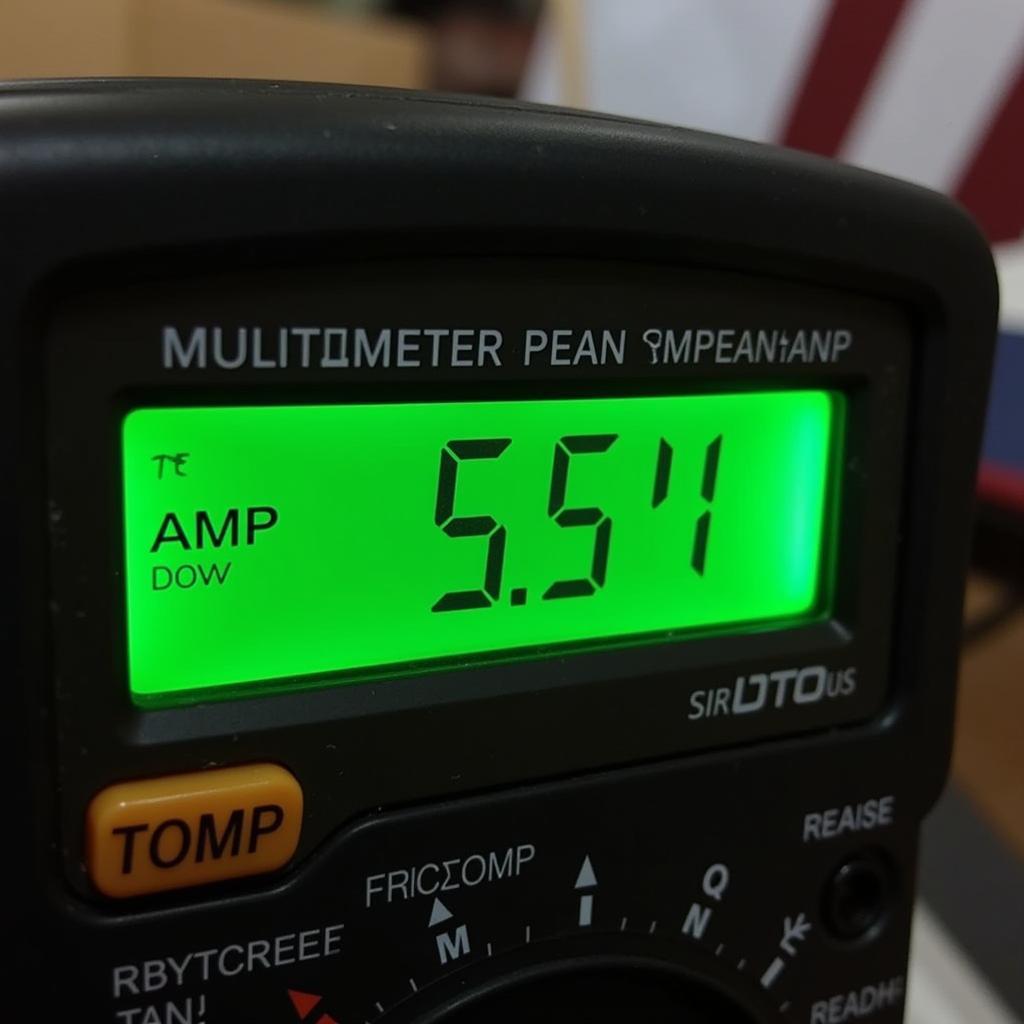The question “are 2024 vehicles easy to steal without a key fob?” is a growing concern for many car owners. Modern vehicles boast advanced anti-theft systems, but sophisticated thieves are constantly evolving their tactics. Understanding these vulnerabilities and how to protect your 2024 vehicle is crucial.
How Easy Is It to Steal a Keyless Car?
Keyless entry and start systems, while convenient, can be exploited by tech-savvy criminals. One common method is relay attack, where thieves use devices to extend the signal from your key fob, tricking the car into thinking the key is nearby. Another vulnerability lies in the car’s onboard computer systems, which can be targeted through hacking or exploiting software glitches.
Are keyless cars more vulnerable? While keyless systems offer convenience, they introduce new security concerns. Traditional methods like hotwiring are becoming obsolete, replaced by more sophisticated attacks targeting keyless fobs and the vehicle’s computer networks.
Understanding Relay Attacks and Other Keyless Car Theft Methods
Relay attacks involve two thieves working in tandem. One stays near the car, while the other positions themselves near the house, likely where the key fob is kept. They use devices to boost and relay the key fob’s signal, effectively extending its range. This fools the car into believing the key is present, allowing the thieves to unlock and start the vehicle. Other methods include code grabbing and signal jamming.
 Code Grabbing Device Stealing Car
Code Grabbing Device Stealing Car
“Relay attacks are unfortunately becoming increasingly common,” says automotive security expert, Dr. Amelia Chen. “Car owners need to be aware of these tactics and take preventative measures.”
Protecting Your 2024 Vehicle from Keyless Theft
Protecting your vehicle requires a multi-layered approach. Consider investing in a Faraday cage or pouch for your key fob, which blocks the signal. Also, be aware of your surroundings and report any suspicious activity. Some newer vehicles offer software updates to patch security vulnerabilities, so staying updated is essential. You can also learn how to improve your car’s security with how to make anti theft door alarm.
Practical Tips to Prevent Car Theft
- Faraday Cage: Store your key fob in a Faraday cage or pouch to block radio signals.
- Software Updates: Keep your car’s software updated to patch known security vulnerabilities.
- Steering Wheel Lock: A physical steering wheel lock can deter opportunistic thieves.
- GPS Tracker: A GPS tracker can help recover your vehicle if it’s stolen.
- Park Smart: Park in well-lit areas and consider using a garage whenever possible.
“The best defense is a combination of physical and digital security measures,” advises John Smith, a cybersecurity consultant specializing in automotive systems. “Don’t rely solely on the manufacturer’s security features. Take proactive steps to protect your investment.”
Can a Car Be Stolen Without the Key Fob?
While keyless systems are a target, it’s still possible for thieves to steal a car using traditional methods or by exploiting other vulnerabilities. They might break a window to gain access and bypass the ignition, or target the OBD-II port to reprogram a new key. While these methods are less common with modern cars, they remain a possibility.
Conclusion
While 2024 vehicles incorporate advanced technology, the risk of theft remains. Understanding the methods thieves use, particularly targeting keyless systems, is the first step in protecting your vehicle. By implementing simple yet effective security measures, you can significantly reduce the risk of your 2024 vehicle being stolen. Stay informed, stay vigilant, and take proactive steps to protect your investment. Are 2024 vehicles easy to steal without a key fob? The answer, unfortunately, is that vulnerabilities exist. But with the right precautions, you can significantly enhance your vehicle’s security.


